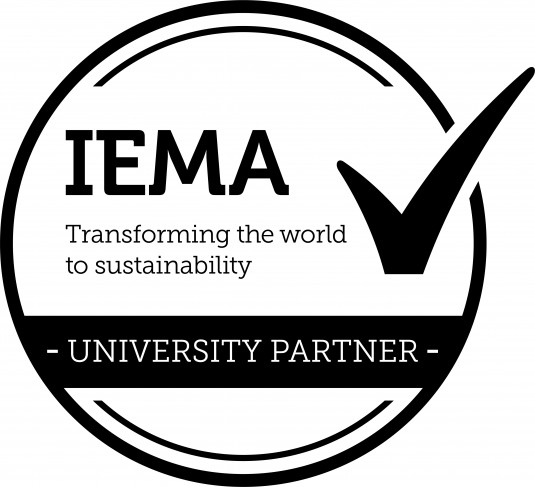Why study MSc Green Economy at BU?
- Enjoy the flexibility of a distance learning course, which allows you to undertake a work-based project instead of a research project to support your dissertation
- You will develop your knowledge of ecology, geography, social science, psychology and technology in this multidimensional course
- Understand the challenges of reducing carbon emissions, overexploitation of resources and widespread environmental degradation, which pose a danger to human wellbeing
- Acquire the scientific understanding on which the transition to a green economy can be based, including the principles of environmental sustainability and the societal responses required to implement these in practice
- Profit from our expert academics and their knowledge of sustainability and tools that inform environmental practice and policy implementation.
“As the Conservation Director for a national charity, having a good understanding of ecological principles is no longer enough. It is also essential that you have an understanding of what makes your country tick. This course combines a good grounding in economic principles with the consideration of alternative ways of valuing growth and nature, and all from your own home!”
Andy Lester, Conservation Director, A Rocha UK
Course accreditation
This course is accredited by IEMA. This means as a student on Green Economy you'll simultaneously receive free student membership at IEMA. Once you graduate you will also become a GradIEMA professional member.
See what it's like to study this course
Key information
Next start date:
January 2025, September 2025, January 2026
Location:
Distance learning
Duration:
1 year full-time, or 2 years part-time
Accreditations:
IEMA
Required subjects:
Geography, Ecology, Environmental Science, Economics, Politics, Psychology or Sociology
Entry requirements:
A Bachelors Honours degree, 2:2 or equivalent in a required subject area and/or relevant comprehensive professional experience. Applicants without a required subject will be considered.
International entry requirements:
If English is not your first language you'll need IELTS 6.5 (Academic) with a minimum of 5.5 in each component.




